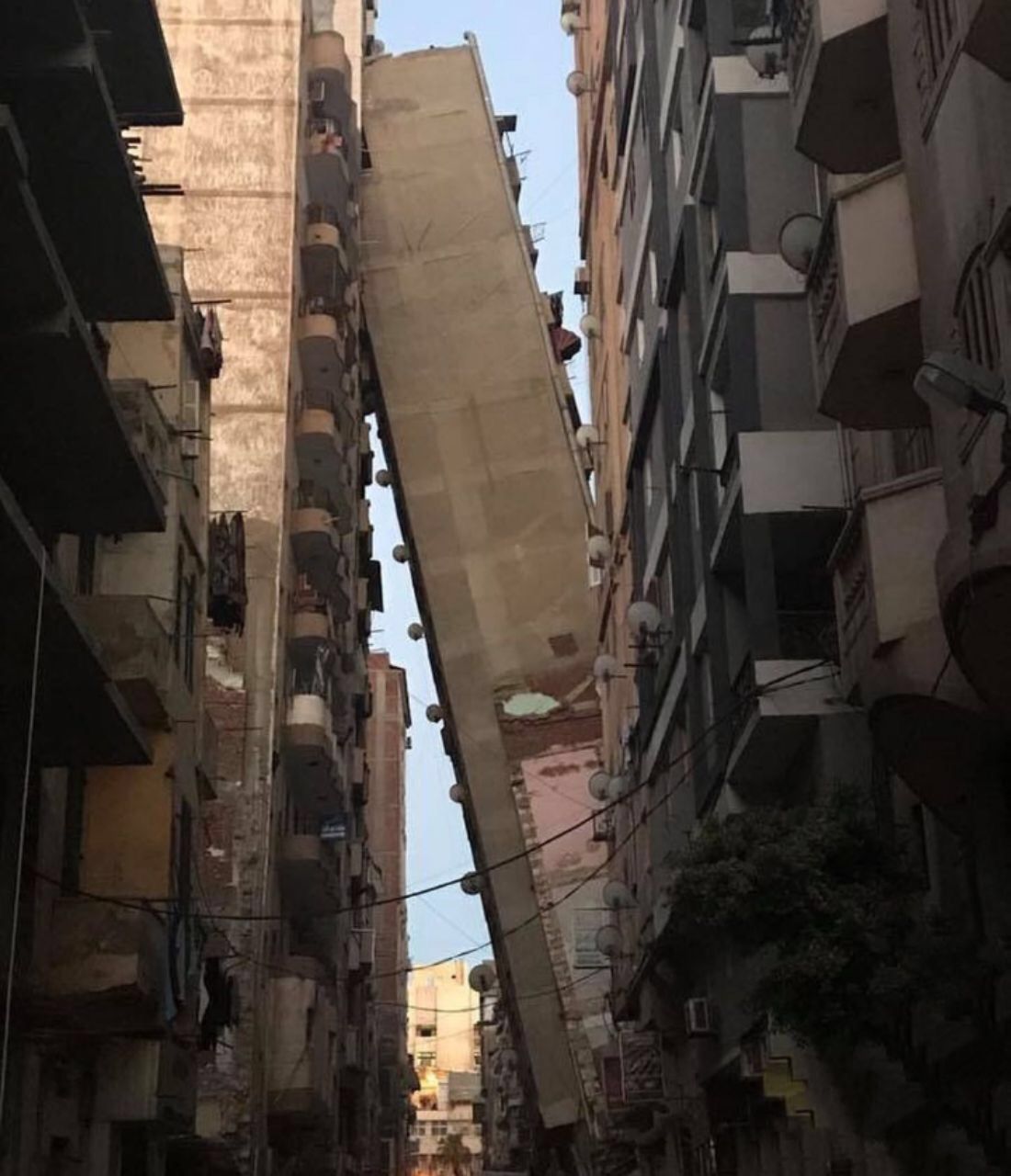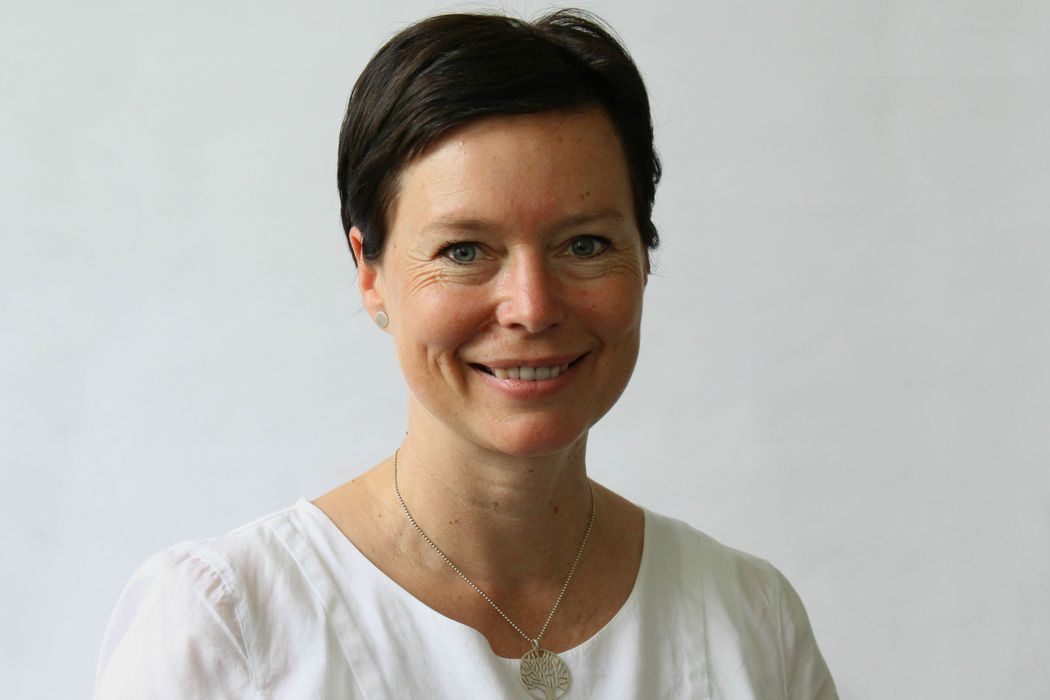A powerful 7.3 magnitude earthquake hit the Iran-Iraq border late Sunday at a depth of 23 kilometers. “The extent of the damage is still unclear as is the number of people affected by the earthquake”, says Stefan Jansen, Malteser International’s Country Coordinator for Iraq. “We have been in close contact with the relevant authorities and other aid organizations since Sunday night, and are ready to provide immediate assistance if needed”. The government of Iran and Iraq have so far not requested international help, but the Kurdish regional government in Iraq has asked the United Nations for help. The World Health Organization responded to this request by distributing first aid kits, surgical equipment and medicines in the affected region as well as sending two medical teams. Meanwhile, the Iranian government ended rescue operations on Tuesday.
Over 400 people have so far been reported dead in Iran, with almost 7,000 injured, while six people have died and over 500 injured in the autonomous Kurdish region of Iraq. Some regions are currently in a state of emergency.
The earthquake which has been confirmed as the deadliest in 2017 was followed by over 140 aftershocks. Fearing further quakes, many people spent the night of Monday outdoors. “We felt the earthquake here in Erbil. No Malteser International staff was injured and our office is still intact”, said Jansen.
Malteser International has been working in the Dorhuk, Erbil and Ninewa regions of Iraq since August 2014 during which the organization has worked with local partners to provide medical aid for refugees and displaced communities.










